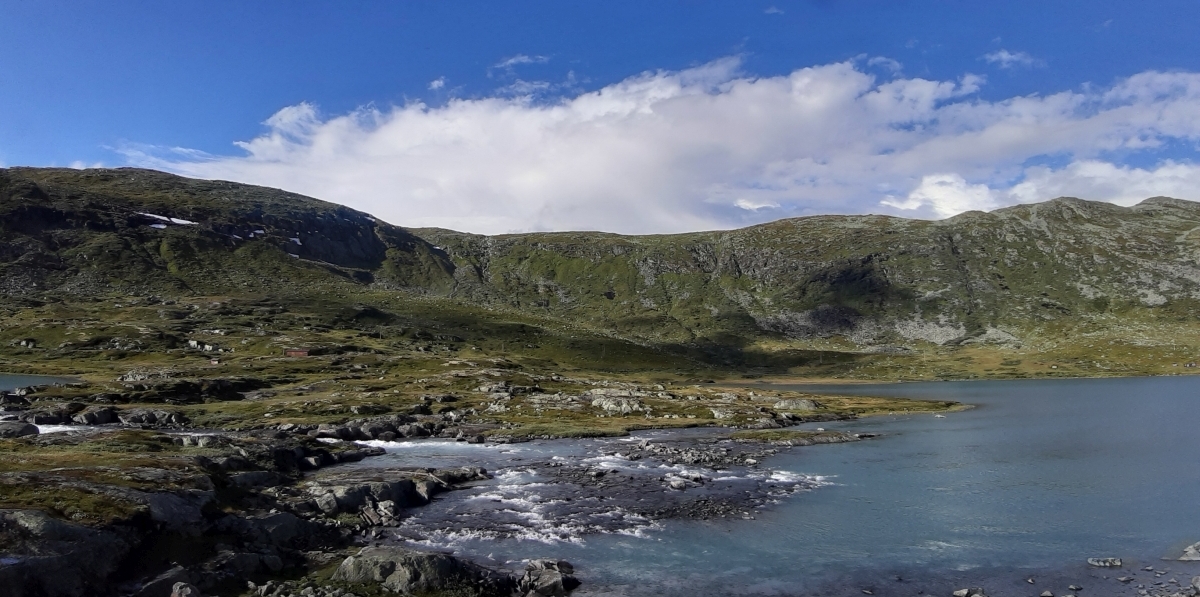The group for Hydrology and Water Resources researches topics within the following:
- surface hydrology
- hydroclimatology
- global hydrology
- catchment hydrology
- hydrogeology
An important research theme is the studying of global and regional changes in the hydrological cycle. This can have various causes such as climate changes and other human interference, e.g. extensive forest clearance. With the help of process and field studies together with statistical and physical modelling, one can study how the hydrological cycle and water balance are affected. For example, if an area has become wetter or drier, what role does vegetation play in the interaction between soil and atmosphere, and what can the consequences of global change be for nature and society? In addition, extremes are also studied, such as floods and droughts, and how these can be related to large scale atmospheric circulation patterns or processes within the catchment. Studies are carried out at all scales, from local field investigations to studies of the global water balance.
The development and application of hydrological models is central to the research group, whatever the scale of the particular project. Typical applications are within hydropower (scaling, inflow prognoses, optimal power station operation), flood warning, and studies of the effects of local changes in land use on water resources, for instance through urbanisation, global changes through climate change.
The studies also encompass water quality modelling, in particular pollution of field- and groundwater, and the transport and degradation of pollutants. See also the research group for Environmental geology.
Quantitative calculations and statistical analyses are core aspects of hydrology, and the discipline has a broad interface to numerous other geoscience disciplines such as meteorology, climatology, geology, geography and glaciology; mathematics, statistics, physics and chemistry are also important for hydrology.
Collaboration
The research group for Hydrology and water resources contributes to the Water as regulator in the biogeochemical cycle, an Emerging Top Tier Research Group appointed by the MN-Faculty.
In addition to its wide-ranging national co-operation and participation in international research networks, the research group has considerable co-operation with research communities in Europe, China, southern Africa and Central America.
